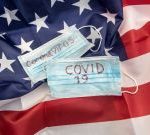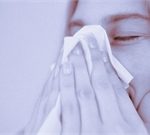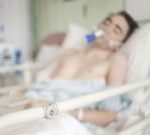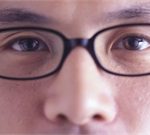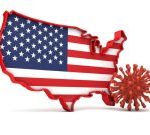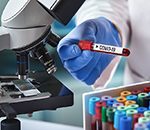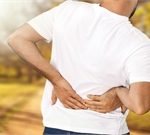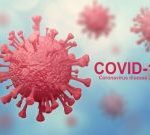
Preschoolers may spend more time on smartphones or tablets than their parents realize, and some use apps intended for teens and adults, researchers report. A new study tracked mobile device use among 350 children aged 3 to 5 over nine months and compared their findings with parents’ estimates of their use. Preschoolers with their own smartphones or tablets averaged two hours of screen time a day. Nearly three-quarters of their parents underestimated it. More than half of kids used devices for an hour or more, including 15% who spent at least four hours a day on mobile devices. Thirty-four percent of kids in the new study had their own digital device, according to the findings published recently in the journal Pediatrics. Kids in the study used between one and 85 apps. The most commonly used apps included YouTube, YouTube Kids, browsers, and streaming services such as Netflix. However, some apps related to gambling, violent games and general audience games without restrictions on the data they collect or share with third-party advertisers. “We found that most parents miscalculated their children’s time on mobile devices,” said lead author Dr. Jenny Radesky, a behavioral pediatrician at Michigan Medicine’s C.S. Mott Children’s Hospital in Ann Arbor. “They may also not be aware of what content is being shared or what apps are being marketed to children while they’re using… read on >










